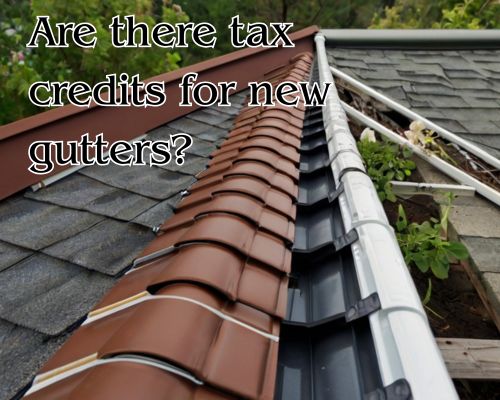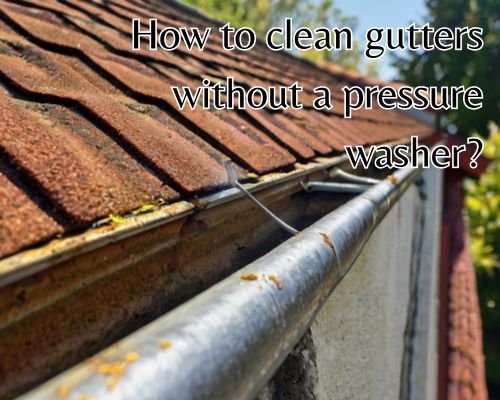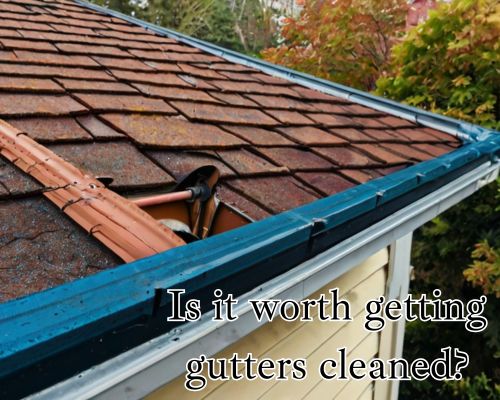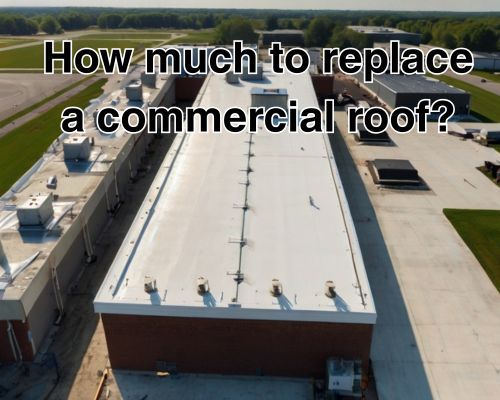What Is the Best Wood for Speaker Cabinets? An Audiophile’s Guide from Mornington, Australia

What Is the Best Wood for Speaker Cabinets? An Audiophile’s Guide from Mornington, Australia
When it comes to crafting premium speaker cabinets, the material isn’t just a backdrop—it’s the acoustic backbone. What is the best wood for speaker cabinets? This question echoes through the workshops of audio engineers, home theater enthusiasts, and audiophiles alike. For residents and sound system designers in Mornington, Australia, choosing the right wood is crucial for achieving superior audio clarity, resonance, and longevity.

With Leona Rodriguesi of Mornington Cabinet Makers, we’ll dive deep into the timber choices that define great sound, with local relevance for buyers and builders in Mornington Peninsula and beyond.
Why Wood Choice Matters in Speaker Cabinet Design
The speaker cabinet—also known as the enclosure—affects audio performance more than many realize. The cabinet doesn’t just hold the drivers; it plays a critical role in how sound waves resonate. The density, grain, and rigidity of the wood influence vibration control, frequency response, and tonal warmth.
Poor-quality enclosures lead to sound distortion, unwanted resonance, and reduced lifespan of speaker components. That’s why audiophiles in Mornington, whether upgrading home audio setups or designing bespoke speaker systems for venues like Frankston Arts Centre or local recording studios, seek premium wood options.
Top Woods Used for Speaker Cabinets
1. Medium-Density Fibreboard (MDF) – Industry Standard
MDF is a composite wood product, made from wood fibers bonded with resin and compressed under high pressure. It’s the most commonly used material in commercial speaker cabinet production.
Pros:
- Dense and consistent throughout
- Easy to machine and cut
- Minimal resonance due to uniformity
- Budget-friendly
Cons:
- Heavier than real wood
- Not moisture-resistant
- Lacks natural grain aesthetics
Local Insight: MDF is readily available through suppliers in Mornington’s hardware hubs, including places like Bunnings Warehouse Mornington. It’s often the first choice for DIY speaker builds and local AV companies designing cost-effective, high-performance enclosures.
2. Baltic Birch Plywood – The Audiophile’s Favourite
Baltic Birch plywood—especially in 13- to 18-ply sheets—is prized for high-end and professional-grade speaker cabinets. This material combines the beauty of natural wood with engineered strength.
Pros:
- High strength-to-weight ratio
- Excellent sound dampening
- Visually attractive grain
- Durable and stable over time
Cons:
- More expensive than MDF
- Requires sealing or finishing
- Slightly more difficult to work with
Mornington Audio Tip: Acoustic professionals in Mount Eliza and Mornington’s home theatre installation circles often use Baltic Birch for custom cabinets. It’s a go-to for audiovisual designers aiming for aesthetic appeal and sound quality.
3. Solid Hardwood – Premium Custom Choice
While rarely used in mass production due to cost and workability, solid woods like oak, maple, walnut, or even Australian timbers like Blackbutt or Tasmanian Oak are chosen for custom audiophile speaker cabinets.
Pros:
- Rich acoustic character
- Unique aesthetic with visible grain
- Naturally rigid and durable
Cons:
- High cost
- Can warp if not properly cured
- Inconsistent density can cause sound coloration
Local Trend: Custom woodworking artisans in Mornington and nearby Red Hill offer tailored cabinetry with native Australian woods, integrating audio visual furniture into bespoke interior designs. It’s ideal for discerning clients seeking luxury listening environments.
For more, visit Mornington Cabinet Makers.
Acoustic Performance: Comparing Resonance, Tonality & Durability
| Wood Type | Resonance Control | Tonal Warmth | Workability | Cost Level |
|---|---|---|---|---|
| MDF | High | Neutral | Easy | $ |
| Baltic Birch | Excellent | Warm | Moderate | $$ |
| Solid Hardwood | Good | Rich/Varies | Harder | $$$ |
In environments with varying humidity like Mornington’s coastal climate, stability becomes even more critical. MDF and Baltic Birch perform well here due to their engineered resistance to swelling and warping.
Environmental Considerations and Sustainability
For Mornington homeowners and eco-conscious AV designers, sustainable sourcing matters. FSC-certified woods, recycled timber, and locally-sourced materials from Mornington-based suppliers can reduce the carbon footprint.
Companies like Eco Timber Group or Urban Salvage (serving southeast Melbourne) offer sustainable alternatives for speaker cabinet construction, including reclaimed hardwood and low-VOC plywood.
Applications Across Settings in Mornington, Australia
- Home Theatres in Mornington: Baltic Birch is ideal for its combination of acoustic performance and visual appeal in interior spaces.
- Recording Studios in Hastings: MDF or hybrid constructions offer consistent sound reproduction for mixing environments.
- Live Music Venues in Dromana: Baltic Birch stands up to road wear and stage use, offering clarity and ruggedness.
Expert Advice from Mornington Audio Specialists
We spoke with Lachlan Drewett, an AV technician with over 15 years of experience on the Mornington Peninsula. He says:
“If you’re building speakers from scratch or customizing enclosures, Baltic Birch gives you the best of both worlds—durability and sound fidelity. We use it regularly in custom-fit-outs from Sorrento to Mount Martha.”
Additionally, Soundscape AV, a leading local provider, notes that most clients looking for home integration now prefer Baltic Birch for cabinetry, combined with acoustic foam and vibration isolation feet.
Conclusion: What’s the Best Wood for Speaker Cabinets?
So, what is the best wood for speaker cabinets? If you’re in Mornington, Australia, the answer depends on your application, budget, and aesthetics:
- MDF suits budget builds with reliable acoustic neutrality.
- Baltic Birch is the audiophile’s sweet spot—balanced, beautiful, and built to last.
- Solid Hardwood appeals to custom enthusiasts who want rich tone and eye-catching design.
Whether you’re a DIY audio nerd, a custom installer in Mount Martha, or designing a boutique sound studio in Mornington, choosing the right wood sets the foundation for sonic excellence.
🎯 Pro Tip:
For those building in coastal Mornington areas, always seal or coat your cabinets to protect against salt air and humidity—especially if using natural woods or plywood.
💠🌐 Sound starts with structure. Build it right, and the music will follow. 💠🌐











